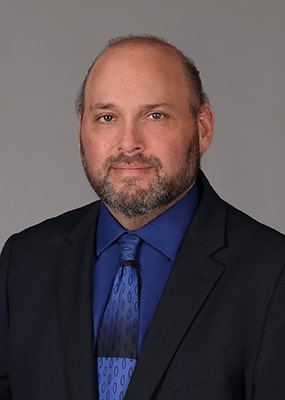
Part 2- August Series- INSPECTIONS - TRANSPARENCY
Born from the tragedy of Surfside’s Champlain Towers South collapse is the passage of Senate Bill 4D that was signed into law by Governor DeSantis on May 26, 2022. For the first time, state law now mandates that condominium and cooperative buildings that are three (3) stories or higher must undergo milestone structural integrity inspections, must obtain structural repair reserve studies or reports and in accordance with such inspections and reports, must collect adequate reserves to fund anticipated structural repairs to the association’s roof, load-bearing walls, floor, foundation, and other structural components enumerated in the new statute. Further, effective December 31, 2024, associations will no longer be able to waive these reserves or use the funds for different purposes.
The necessity for these mandatory requirements was readily apparent as many condominium and cooperative communities delayed or otherwise put off making essential repairs due to financial concerns. Such delays, as recently demonstrated, may lead to tragic consequences. Now, the failure to fund reserves can be deemed a breach of fiduciary duty of the board of directors and officers of the condominium or cooperative association.
A significant part of the new law also requires a level of transparency that has not existed beforehand. The Condominium (Chapter 718) and Cooperative (Chapter 719) Acts have always required their official records to be open for inspection by any owner or their representative. However, the recent amendments now stress a heightened level of importance in ensuring that structural inspection reports and reserve studies are publicized as follows: (1) condominium and cooperative associations must now distribute a copy of its required inspection report to all owners by either U.S. Mail, hand-delivery or if authorized beforehand by a unit owner, via email; (2) the inspection report must be posted in a conspicuous place on the common areas as well as published on the association’s website if such website is statutorily required; (3) both the inspection report and the structural reserve study must be kept with the official records of the association for at least fifteen (15) years; (4) a copy of the inspection report must be furnished to local building officials by the building manager; (5) both the inspection report and reserve study, must be made available for review upon demand by both owners and renters; and (6) both developer and non-developer sellers must provide prospective purchaser with a copy of both the inspection report and structural reserve study, if the study has been completed.
The duty to ensure that condominiums and cooperatives adhere to these new requirements will fall upon the Division of Florida Condominiums, Timeshares and Mobile Homes. Each association existing on or before January 1, 2023, must provide the Division with information reflecting the number of buildings within the association that are three (3) stories or higher in height, the number of units in each building, the address of each building and the counties were the buildings are located. In turn the Division will be required to post this information on its website.
Some critics of the law cite the potential expense in adhering to its requirements. However, most agree the new law, though not perfect, is a step in the right direction in ensuring the safety of the residents and long overdue.
If your association’s board has questions about the new law, we recommend that you consult with counsel to discuss your rights and responsibilities.

Len Wilder is board certified by the Florida Bar in both real estate law and planned development and community association law. Learn more about Len here.
When you subscribe to the blog, we will send you an e-mail when there are new updates on the site so you wouldn't miss them.

Sachs Sax Caplan, P.L. is proud to be recognized by The Florida Bar for our commitment to hiring and developing Board Certified Attorneys.

